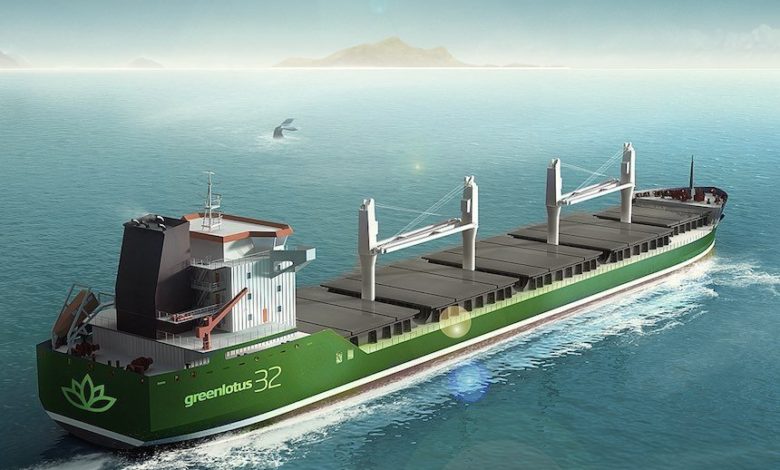Connected ships need smarter software

Rob Kenworthy from GTMaritime tackles smart shipping.
Email has become so essential to our daily working life that to lose connection for even a couple of hours could have serious implications for business continuity. Technologists call this ‘nomophobia’; the fear of being unconnected when on the move.
In an era of ‘smart shipping’, email is a business continuity tool that could make the difference between profit and loss, a smooth voyage or rough seas. The loss of email is a reminder of how isolated floating assets really are. If the data connection is interrupted it will become obvious very quickly whether the system offers any kind of support.
The normal response – after asking the guy who ‘knows about IT’ – is to call for support. This likely starts with their in house IT department on shore, operating during business hours. After this, the difference between support and service with a paid-for application versus free software, becomes critically apparent.
Can the technical support from the software provider be relied upon and available 24/7? Unless the service is paid for, the ship and its communications issues will probably have to tough it out.
Last year the free email application provided by one of the industry’s leading airtime providers went offline. Thousands of ships were out of touch for days as the company sought a fix to the problem. The trouble was that the users had no redress: the software was free, supplied with the airtime, so there was no support, just a long wait for a fix.
On land that wouldn’t be a problem. We would switch email programs or even move to another provider if the problem persisted. Onboard ship it’s not that easy. Using a standard webmail or client/server email would be ruinously expensive and highly inefficient.
When spending a large amount of money on airtime, choosing free email as the messaging platform is a false economy. If things go wrong, but the service is still within agreed performance criteria and software offered for free, then customers usually have no case to answer.
If the problem is bad enough to force a change of supplier, users will find that they will not be able to take their free email service with them; the program, contacts and the messages are lost, with the additional disruption of advising clients, suppliers and others of a change of address.
Owners need to consider if the software they are using is really up to the task. Even when the software does not fail, it may not be designed to handle the reality of today’s connected ship. These days they come off the slipway with a network of PCs onboard but free email will often be tied to one PC.
The growth of VSAT systems means shipowners are becoming accustomed to using always-on connectivity to send and receive more and more data. Ship to shore volumes are going through the roof and the servers of legacy systems are struggling to cope.
Owners with a proactive attitude to keeping their ships connected know that expecting to do so with free software is not realistic. Email needs to be reliable and cost effective whether the ship is using its fixed VSAT allowance or a pay as you go backup. For that reason it needs to be sourced from an independent, third party, specialist satellite email provider which has made its own investment in software development, IT support and server capacity.
It’s a cliché to say that shipowners get what they pay for, but these days, it’s never been more true.
